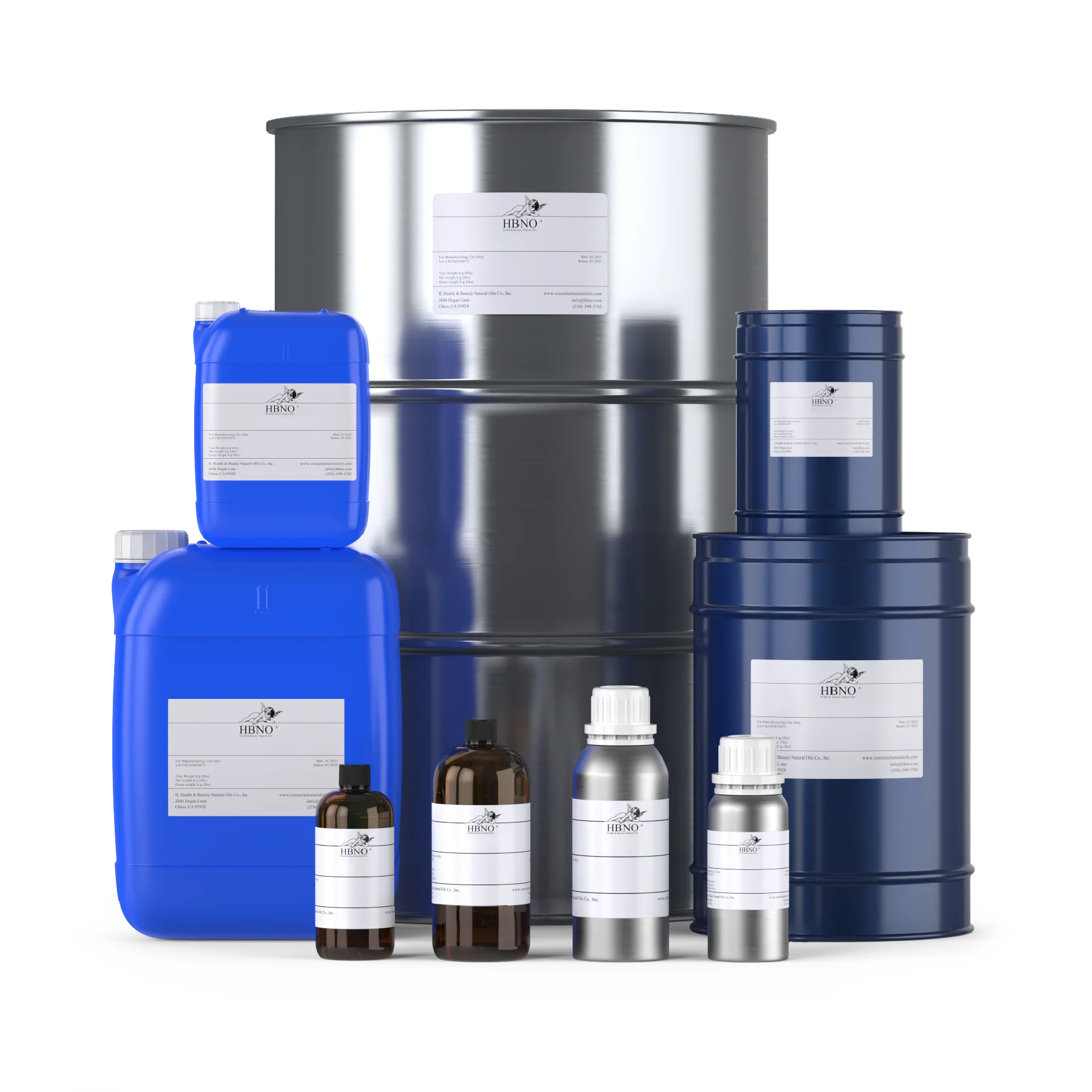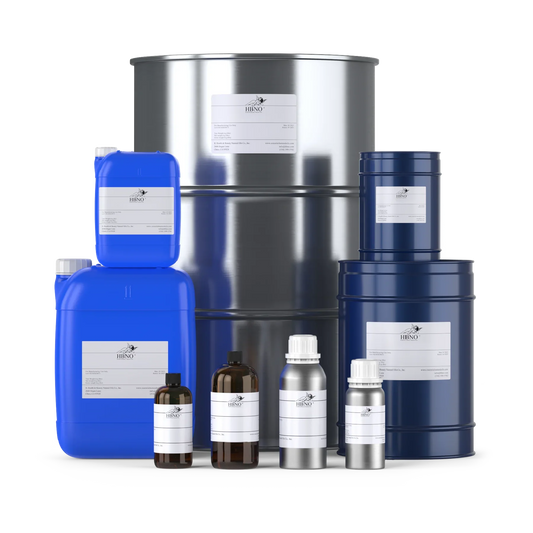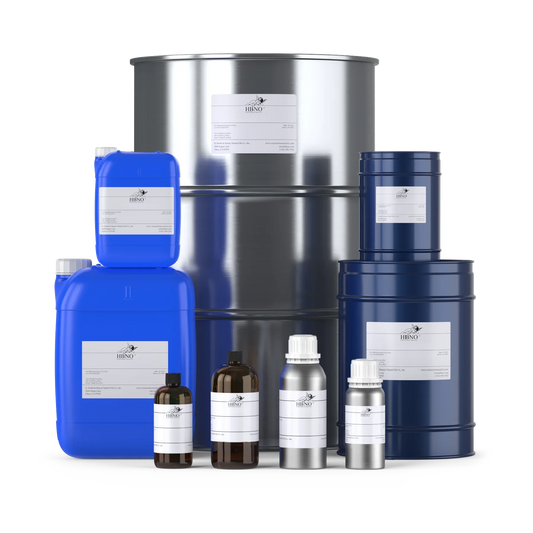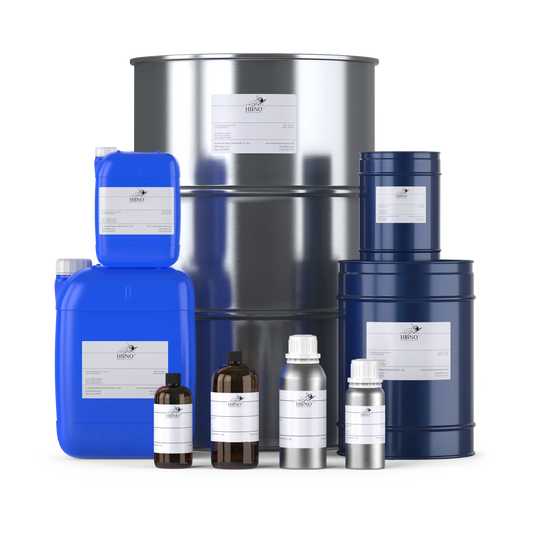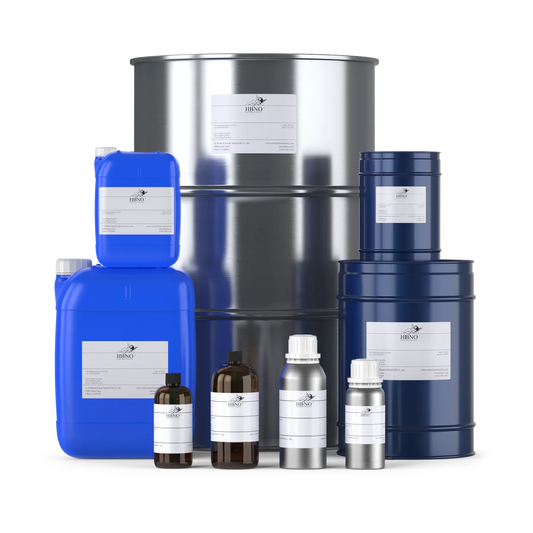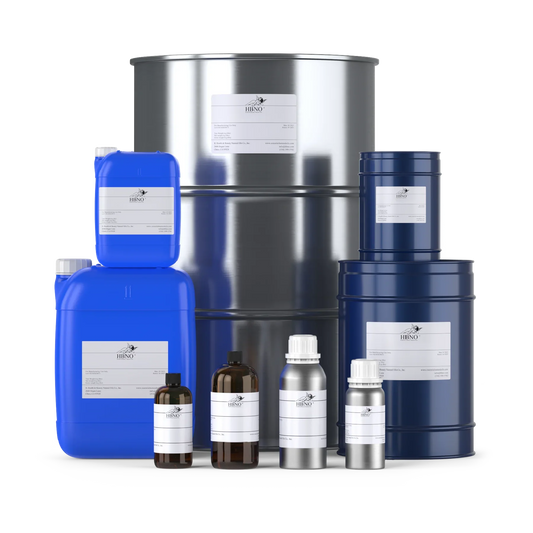Pest Control
Pet Care (Essential Oils)
In agribusiness, essential oils are natural “biopesticides” that can treat pest infestation of crops and prevent pest contamination of stored foodstuffs. Several essential oils used for pest control in industrial food storage also offer benefits as food preservatives
1. Clove Oil
Pest Control:
Food Preservation:
2. Cinnamon Oil
Pest Control:
Food Preservation:
3. Rosemary Oil
Pest Control:
Food Preservation:
4. Tea Tree Oil
Pest Control:
Food Preservation:
5. Thyme Oil
Pest Control:
Food Preservation:
Types of Pests Targeted
Rodents: Some oils, like peppermint and spearmint, can irritate rodents' respiratory systems and deter them from entering treated areas.
Bacteria and Fungi: Essential oils like lemongrass and tea tree have antimicrobial properties, making them useful for controlling mold and mildew in warehouses and food processing facilities.
Key advantages of using essential oils in pest control products
Reduced resistance risk: Unlike traditional pesticides, pests develop resistance to essential oils less quickly due to their complex compositions and multiple modes of action.
Safer for humans and pets: Many essential oils are considered relatively safe for use around humans and pets when applied at appropriate concentrations. considered relatively safe for use around humans and pets when applied at appropriate concentrations.
Multifuntionality:Certain oils offer additional benefits like odor control and air purification, enhancing their value in pest control strategies.
Application Methods
Fumigation: Diffusing oils through a diffuser fills enclosed spaces with their vapors, repelling and potentially killing pests.
Baiting: Oils can be incorporated into baits to attract and kill, or deter, specific pests.
Soak-and-wipe: Surfaces can be mopped wiped down with a solution containing essential oils for disinfecting and pest control.
Many essential oils are used in personal insect repellents. Here are some essential oils commonly used as insect repellents
Lemon Eucalyptus Oil: This oil, registered with the EPA for insect repellency, offers strong protection against mosquitoes for up to 3 hours. However, it can cause skin irritation and shouldn't be used by pregnant or breastfeeding women.
Geranium Oil: A milder option, geranium offers around 2 hours of mosquito protection and has a pleasant floral scent. It's generally safe for most people but may irritate sensitive skin.
Lavender Oil: While not as potent as others, lavender oil provides some mosquito and tick repellency with a pleasant (to humans) aroma. It's considered safe for most people but may irritate sensitive skin.
Lavender Oil: Known for its strong scent, peppermint oil repels mosquitoes, flies, and ticks. However, it can be irritating to skin and shouldn't be used by children or pregnant women.




